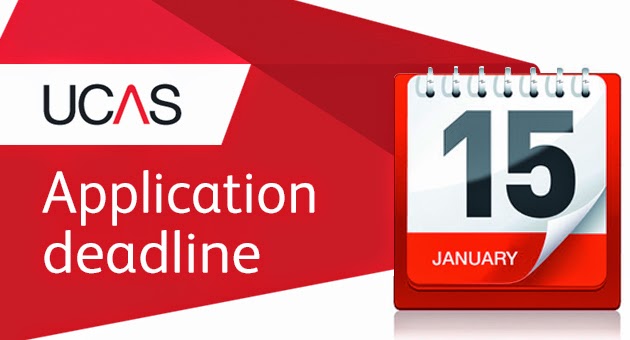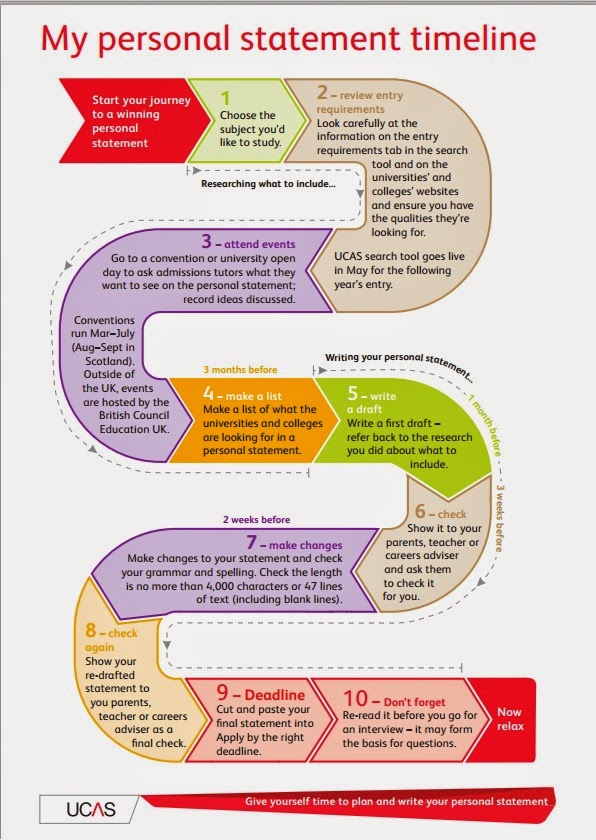 Depending on the kind of courses you apply for, your chosen unis and colleges may invite you for an interview or audition – in fact they’re compulsory for some courses, such as teaching and nursing.
Depending on the kind of courses you apply for, your chosen unis and colleges may invite you for an interview or audition – in fact they’re compulsory for some courses, such as teaching and nursing.They’re a way for both students and course tutors to find out if they’re mutually suitable. If invited, your chosen uni will make sure you have all the details so you know where to go and when. The interviewers may want to see work examples – such as an essay or piece of coursework – but they’ll let you know this in advance.
Here are some quick tips from us:
- Plan ahead – check where you’ve got to go, when you’ve got to be there and try to sleep well the night before so you’re in the best possible position on the day.
- Make a good first impression – show up on time, dress appropriately, remember your manners and be in control of your body language. Interviewers see hundreds (sometimes thousands) of students so make sure you stand out for all the right reasons.
- Try your best to relax – although interviews are a daunting experience, try to enjoy it once you’re there. If the unexpected happens and they ask a question you’re not prepared for, don’t panic – ask your interviewer to rephrase or repeat the question and give it your best shot. They won’t be trying to catch you out.
- Read your personal statement – your interviewer will have your application fresh in their mind, so make sure you can remember what you wrote and be prepared to talk about it.
- Shout about your achievements – well don’t literally shout, but be prepared to talk passionately about things you’ve done which you’re proud of – for example coursework, charity work or a social event you might have organised. If it demonstrates key skills that are linked to your chosen course, mention it.
- Ask questions – you need to convince your interviewer that you’ve got a real passion for your subject, so come prepared with questions to show that you’ve really thought about studying the subject at your chosen uni.
- Reflect on it afterwards – when you come out of the interview room, allow time to make notes on how it went. If you’ve got more than one interview, this will give you something to work on for the next one.
Instead of an interview you may be asked to submit a portfolio or take an admissions test. In this case, the university will let you know what you need to do and when by. If for any reason you can’t meet their requirements you must let them know as early as possible.







